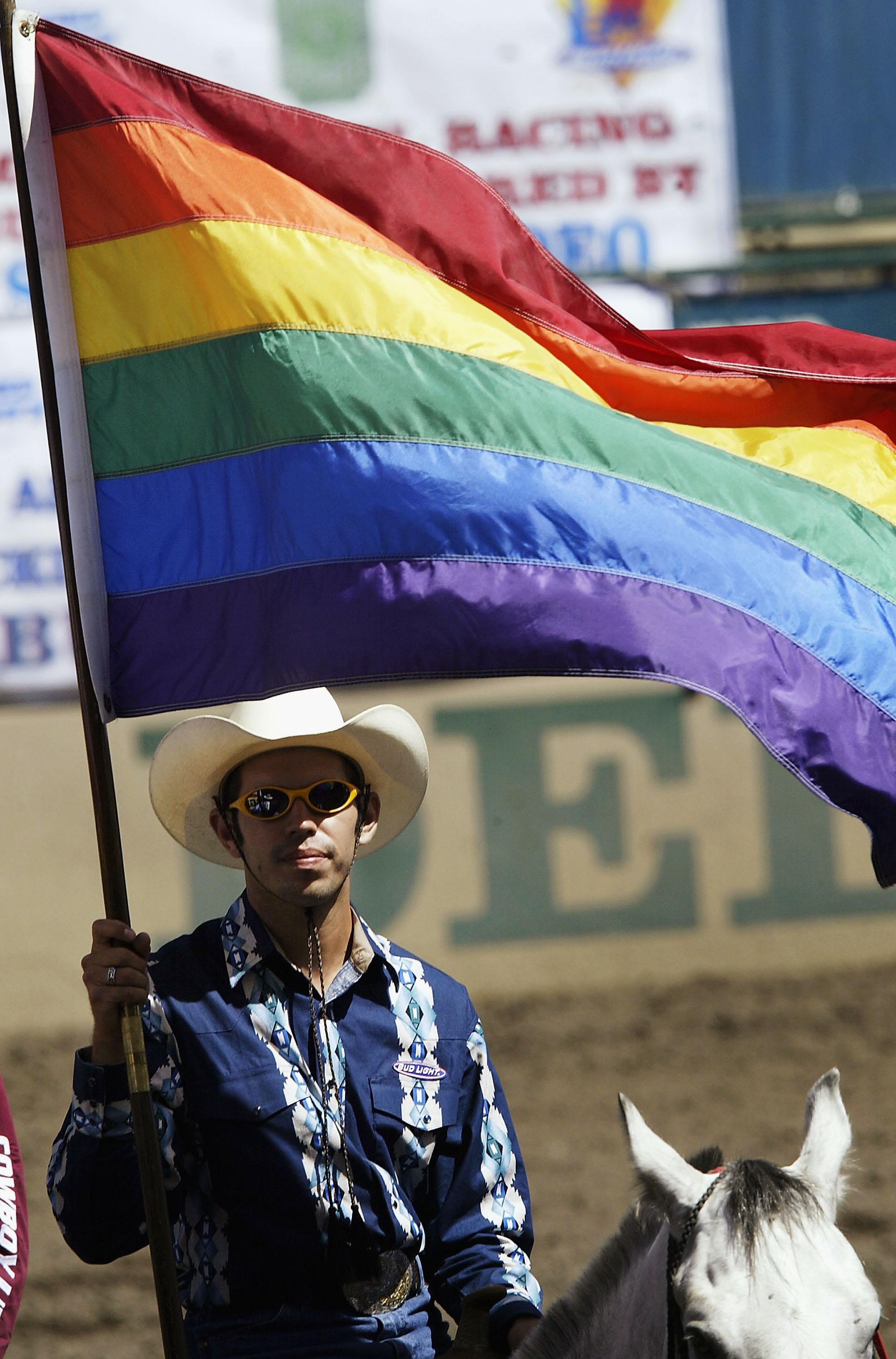When he’s helping young queer people struggling in small-town America, advice columnist Dan Savage almost invariably tells them to study hard, save up, and get the hell out of Dodge as quickly as they reasonably can. It’s only in cities like New York, Seattle, Atlanta, or Chicago, Savage advises, that gay people can truly actualize themselves in a safe(r) environment rich with cultural support networks, not to mention potential romantic partners.
While many LGBT people (including me) would agree with the general wisdom of that notion, a new paper out in this month’s issue of the Journal of Homosexuality is pushing back, producing headlines something like “Country Queens May Be Happier than City Queens.” The study, produced by sociologists Chris Wienke and Gretchen J. Hill, draws on a set of self-reported measures of wellbeing from a sample group of 632 men and women who had responded to more expansive pre-existing surveys, and concludes that there is “little support for the premise that rural living is incompatible with the needs and wants of gay men and lesbians.” “Rural areas,” the study continues, “are no less conducive to gay people’s wellbeing, as reflected in self-reports of happiness, health, and work satisfaction, than are urban areas.”
As the authors point out, this finding could be seen as “good news” for those queer people who “can [not] or [do not] want to live in urban areas.” However, it could also be seen as premature, since, as Wienke and Hill themselves admit, the study is limited by its small sample size, dependence on self-reporting, and the use of “gay and lesbian” subjects who were identified as such by their reported sexual activity (i.e. not by self-identification). Still, this research is useful at least as a challenge to the city>country assumption that prevails in the gay community.
To be sure, there exist smaller towns and rural enclaves that are just as welcoming to gay people as Hell’s Kitchen (though I question the author’s use of Provincetown, Mass. as an example; last time I was there, it was more an outpost of Boston/New York than anything else), and that’s great for gays who prefer a slower lifestyle. Outside of those special spaces, however, I worry that isolation is a problem—it’s never fun to be the only gay in the village, right?
But what I find most interesting about this study, and the question in general, is the way it depends on rather unimaginative ideas about what “urban” and “rural” life is like—one stressful, the other peaceful, one striving and dynamic, the other connected and traditional. Visitors to New York often seem to think it’s all Times Square, all-the-time, when the reality is that many people carve out existences in the city that are actually (maybe excepting the subway at rush hour) about as placid as a field of South Carolina cotton in September. I know this is true, because I’ve lived in both worlds. Likewise, some small-town people I know party harder than I would ever dream of doing in New York.
The point is, gay people—like all people—have distinct personalities that will make them feel more at home in different environments, and they will in turn build lives in those environments that do not necessarily fit broad sociological stereotypes. I happen to think that urban life makes being gay mean more, but it also seems that the patrons of the little dirt-road gay bar in my Southern hometown are happy with the meaning they’re finding in life—and if that meaning is anywhere near as amazing as the drag I’ve caught there during my visits, the country queens are doing just fine.
